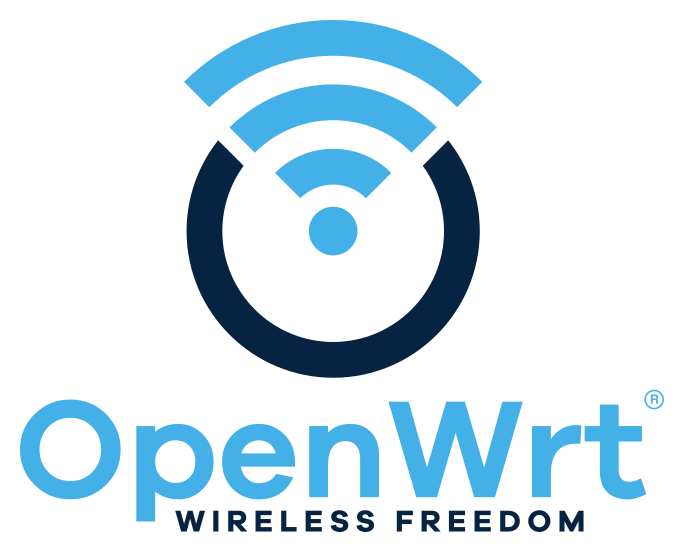I'm unable to ssh into a system and suspect there is a block on access.
This is the output from nmap:-
Am I correct in thinking that the firewall is preventing access? Apparently port 2222 is also supposed to be used for access but that shows the same result.
This is the output from nmap:-
Code:
root@S07:~ # nmap -p 22 192.168.1.7
Starting Nmap 7.70 ( https://nmap.org ) at 2019-03-27 15:13 UTC
Nmap scan report for 192.168.1.7
Host is up (-0.18s latency).
PORT STATE SERVICE
22/tcp filtered ssh
MAC Address: 00:10:75:26:64:91 (Segate Technology)Am I correct in thinking that the firewall is preventing access? Apparently port 2222 is also supposed to be used for access but that shows the same result.


